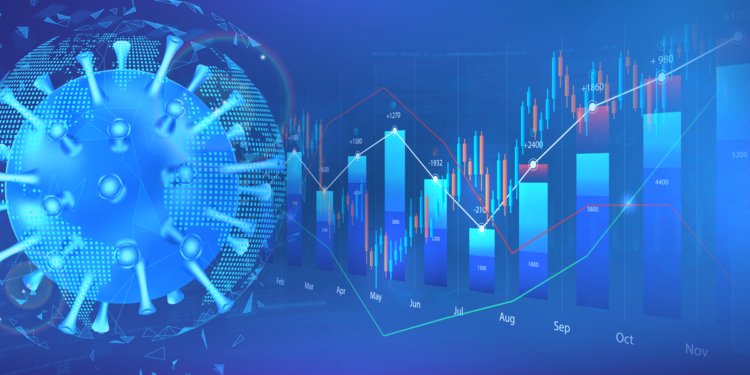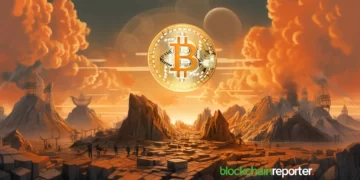The outbreak of the Covid-19 globally has disrupted the political, social, economic, religious and financial structures of the whole world. The disease will have a lasting impact on the economic outlook of the world.
A report dubbed More Debt, More Liquidity, Higher Stocks by JP Morgan paints a gloomy picture of the future . The world’s leading economies, including the US, China, UK, Germany, France, Italy, Japan are at the verge of a precipice. What’s more, Stock markets globally have been pounded with many prices falling over the cliff. The report states:
“One thing we should be clear about (and insistent upon) is that the extent to which liquidity serves primarily to inflate asset prices (as opposed to manifesting in real economic outcomes) is a function of our willingness to admit that QE is simply debt monetization if central bank balance sheets are never unwound.”
Brought Business to an Abrupt Halt
The Covid-19 has impacted the global economy and created the most difficult experienced since World War II. The human cost of the pandemic is immeasurable. It has created a situation where all countries must work together to protect human lives besides limiting the economic damage. Lockdowns have restricted businesses, but the cessation of travel to contain the virus has brought business to an abrupt halt.
At least 3.3 million Americans applied for unemployment in a week, and the following week there were 6.6 million applicants. Kristalina Georgieva, Managing Director of International Monitory Fund (IMF) warned of a worsening condition of the global economy. He talked about “a recession at least as bad as during the Global Financial Crisis or worse.”
Break the Perpetual Motion Machine
The fall in demand largely causes economic damage resulting from the Covid-19 pandemic. This means that there are not enough consumers to purchase goods and services. This dynamic has heavily affected manufacturing industries.
Governments, led by the United States, decided to increase liquidity by printing excess money. This will drive the world to a damaging monetary-fiscal partnership. This partnership breaks the perpetual motion machine of financial asset price inflation/inequality creation which kicked into high gear after the financial crisis. SocGen’s Kit Juckes pondered last month:
“Why go through the charade of buying bonds in the market, providing an incentive for companies to issue debt and buy back more equity and sending share prices to unstable levels? […] Partnering with government to provide short-term cash to stressed households and companies makes more sense.”
Bitcoin Has Broken Through
Governments are adopting inflationary monetary economics and liquidity traps with zero or negative interest rates. At the same time, bitcoin becomes a better inflationary hedge against inflation. Some investors are beginning to compare bitcoin to gold. The comparison that has some touches but the broad macro-theme of Bitcoin has broken through, especially after the recent halving. This is a time when inflationary hedges make sense. Bitcoin is poised to play a role in the 21st century that gold played in the 20th century.






















